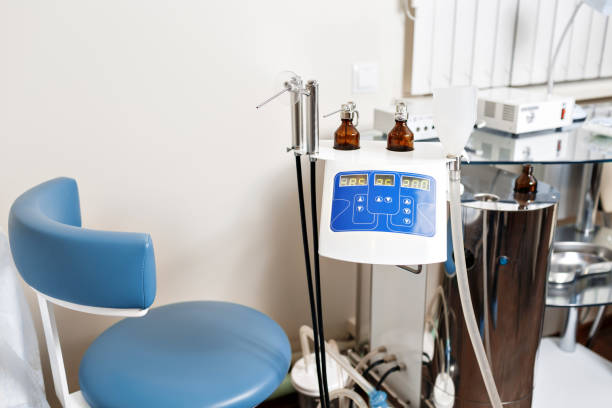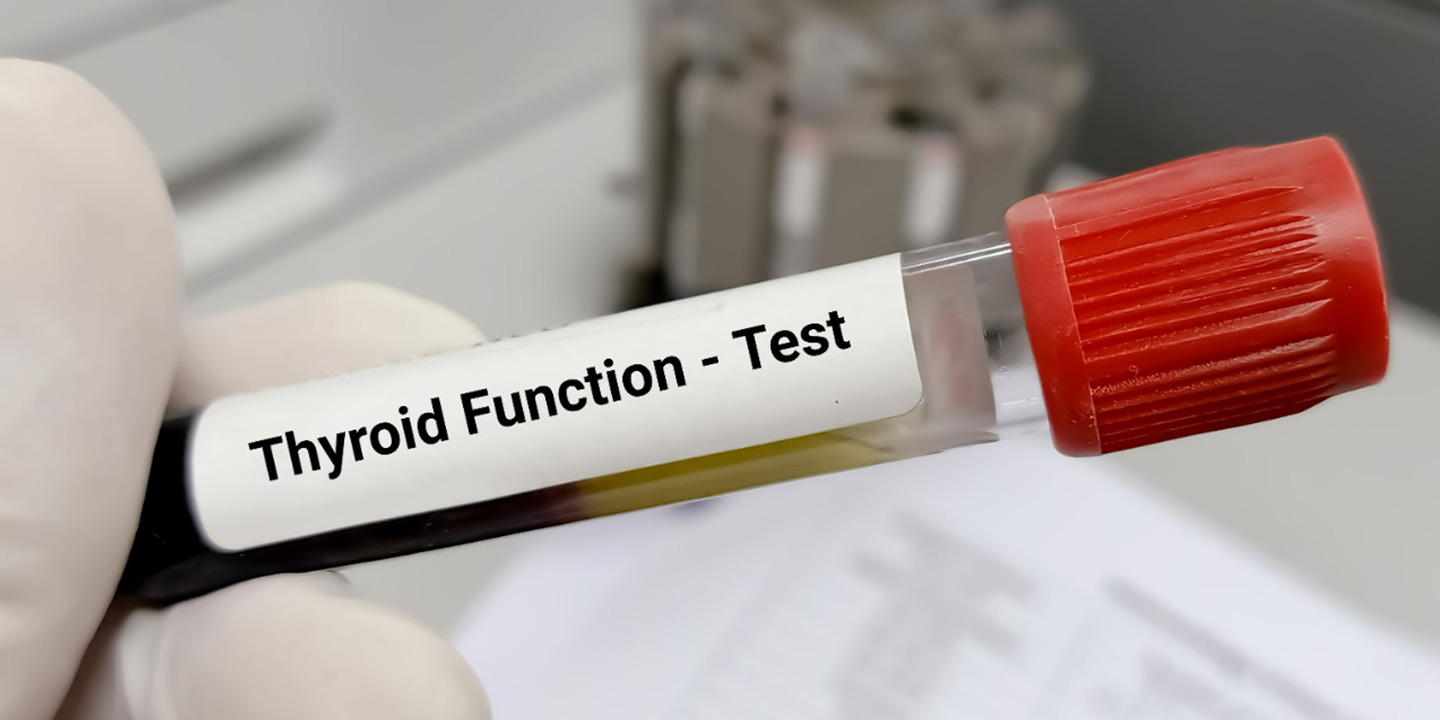Deciding to seek mental health treatment is a significant step in the journey toward wellness. For many people, the question that immediately follows is, “How do I choose the right facility?” With so many options in Florida, it can feel overwhelming to know where to start. Whether you’re searching for treatment for anxiety, depression, bipolar disorder, or another mental health issue, finding a facility that aligns with your needs is essential.
This guide is designed to help you navigate the process of selecting the best mental health facilities in Florida. From understanding the types of treatment available to evaluating a facility’s approach to aftercare, we’ll cover all the critical factors to consider.
Choosing the right mental health facility is a crucial decision for anyone seeking treatment for mental health challenges. Florida is home to a variety of high-quality mental health facilities that offer personalized care, a range of therapeutic approaches, and specialized programs for various mental health conditions. In this blog, we will guide you through the key factors to consider when selecting the best mental health facilities in Florida, covering topics such as accreditation, treatment options, staff expertise, and the importance of aftercare. By the end, you’ll have a clear understanding of how to choose the facility that best suits your needs or the needs of a loved one.
Why Choosing the Right Facility Matters
Mental health treatment isn’t one-size-fits-all. Each person’s needs are unique, and the facility you choose should provide tailored care to meet those needs. The right mental health facility can make a significant difference in the effectiveness of treatment and in the long-term success of recovery.
Florida offers many outstanding mental health facilities, but it’s essential to identify the one that best fits your or your loved one’s situation. Here’s how you can make that choice.
Accreditation and Licensing
The first factor to consider when evaluating a mental health facility is whether it is properly accredited and licensed. Facilities that are accredited by organizations such as The Joint Commission or the Commission on Accreditation of Rehabilitation Facilities (CARF) adhere to high standards of care, safety, and effectiveness.
Accreditation ensures that the facility meets rigorous guidelines, including staff qualifications, treatment protocols, and the overall environment. In addition to accreditation, the facility should also hold the necessary licenses to operate within the state of Florida.
Range of Treatment Programs
The best mental health facilities will offer a wide range of treatment options to meet the needs of diverse patients. Mental health conditions vary from mild to severe, and the approach to treatment should reflect that.
Consider whether the facility offers the following types of programs:
Inpatient or Residential Treatment: For those with severe mental health issues, inpatient care provides round-the-clock supervision and a highly structured environment. This is often necessary for individuals dealing with acute symptoms or crises.
Outpatient Programs: For individuals who need ongoing therapy but do not require 24/7 care, outpatient treatment is a good option. Outpatient programs can include regular therapy sessions, group counseling, and medication management.
Partial Hospitalization Programs (PHP): PHP offers a middle ground between inpatient and outpatient care. Patients attend treatment during the day but return home in the evening. This program provides a high level of care while allowing some level of normalcy in daily life.
It’s important to choose a facility that offers the appropriate level of care for your situation. If you or your loved one’s condition is severe, residential treatment may be the best option. If the situation is less critical, an outpatient program may suffice.
Personalized Treatment Plans
No two individuals experience mental health challenges in the same way, which is why personalized treatment plans are essential. The best mental health facilities in Florida will begin with a comprehensive assessment of your mental health history, symptoms, and goals for recovery. This assessment allows the treatment team to create a plan that is customized to your specific needs.
A good treatment plan will include a combination of therapies such as:
Cognitive Behavioral Therapy (CBT): CBT helps patients recognize and change negative thought patterns that contribute to their mental health conditions.
Dialectical Behavior Therapy (DBT): Often used for individuals with borderline personality disorder or severe emotional dysregulation, DBT focuses on developing healthy coping mechanisms.
Medication Management: Many mental health conditions are treated with a combination of therapy and medication. A qualified psychiatrist should oversee medication management to ensure the best results.
Look for a facility that emphasizes individualized care and adjusts treatment plans as needed based on the patient’s progress.
Staff Expertise
The quality of care you or your loved one receives will largely depend on the expertise of the staff. The best mental health facilities employ a team of qualified professionals, including board-certified psychiatrists, licensed therapists, nurses, and support staff.
You should feel confident that the team has experience dealing with your specific mental health condition. Inquire about the staff’s credentials and any specializations they may have, such as trauma-informed care, addiction treatment, or experience working with specific populations (e.g., adolescents, veterans).
Holistic and Alternative Therapies
Mental health treatment isn’t limited to traditional talk therapy. Many of the best mental health facilities in Florida offer holistic and alternative therapies to complement more conventional treatments. These can include:
Yoga and Mindfulness: These practices promote relaxation and can help individuals manage anxiety, stress, and depression.
Art and Music Therapy: Creative therapies provide an outlet for self-expression and emotional release.
Nutritional Counseling: A healthy diet can play an important role in mental health recovery. Nutritional counseling ensures that patients are fueling their bodies and minds for optimal well-being.
A facility that offers a comprehensive range of therapies will provide a more well-rounded treatment experience.
Family Involvement
For many individuals, family plays a key role in their mental health journey. The best mental health facilities will encourage family involvement in the treatment process through family therapy sessions, educational workshops, and support groups. Family members can be essential to a patient’s recovery, offering emotional support and helping to create a stable home environment after treatment.
Aftercare and Ongoing Support
Recovery doesn’t end when you leave the facility. It’s important to choose a facility that offers strong aftercare support, such as follow-up therapy sessions, support groups, and resources for continued healing. Aftercare is crucial to maintaining the progress made during treatment and reducing the risk of relapse.
A comprehensive aftercare plan might include:
Regular check-ins with a therapist or psychiatrist
Access to outpatient therapy programs
Peer support groups
Educational resources for coping with daily challenges
FAQs About Choosing the Best Mental Health Facilities
How do I know if a mental health facility is reputable?
Look for accreditation from organizations like The Joint Commission or CARF, as well as state licensing. Reading reviews and testimonials can also provide insight into the facility’s quality of care.
What types of mental health conditions can be treated at these facilities?
Most mental health facilities treat a range of conditions, including depression, anxiety, PTSD, bipolar disorder, schizophrenia, and more. Some facilities also specialize in treating co-occurring conditions, such as substance abuse disorders.
How long is a typical stay in a mental health facility?
The length of stay varies depending on the individual’s condition and the type of treatment program. Inpatient stays typically range from 30 to 90 days, while outpatient programs may last longer but involve fewer hours per week.
Will insurance cover mental health treatment?
Many insurance plans cover mental health treatment, but coverage can vary. It’s essential to check with both the facility and your insurance provider to understand what is covered.
Can family members be involved in the treatment process?
Yes, many of the best mental health facilities encourage family involvement through therapy sessions and educational programs. Family support is often a critical factor in long-term recovery.
Conclusion
Choosing the right mental health facility is one of the most important decisions you can make for your mental health journey. By considering factors like accreditation, treatment options, staff expertise, and aftercare support, you can find the best mental health facilities in Florida that will provide the care and guidance needed for a successful recovery. Taking the time to research and evaluate your options will ensure that you or your loved one is in the best possible hands.










